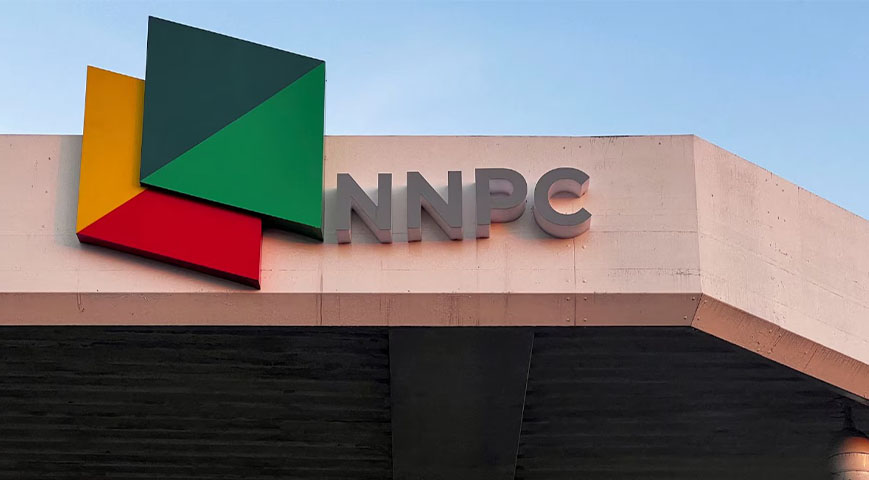Nigeria’s state oil company, NNPC Ltd, raised petrol prices by 11% on Monday, marking the second increase in two weeks.
This follows the company’s recent decision to purchase fuel from the Dangote oil refinery near Lagos. With a capacity of 650,000 barrels per day, the refinery is expected to help Nigeria end its reliance on gasoline imports.
These imports had been heavily subsidized until President Bola Tinubu began phasing out the subsidies after taking office in May last year.
Did you read this?
Petrol prices are a critical issue in Nigeria, as many households and small businesses rely on it to power generators due to limited access to the national electricity grid.
On Monday, NNPC increased gasoline prices in Lagos from 858 nairas ($0.53) per liter to 950 nairas, with prices reaching up to 1,019 nairas in the northeastern regions. NNPC currently buys fuel from the Dangote refinery at 898 naira per litre, with transactions being conducted in U.S. dollars for now, although plans to shift purchases to the local naira currency are in progress.

This price hike will likely exacerbate public dissatisfaction, as Nigerians already face high inflation at 33.4%, leading to soaring transport costs and a cost-of-living crisis. In early August, these economic pressures triggered violent protests.
Last Friday, a presidential committee announced that NNPC would begin distributing fuel from the $20 billion Dangote refinery, resolving a distribution deadlock.
From October, NNPC is set to supply 385,000 barrels of crude per day to Dangote, which will pay in naira, while the refinery will sell its fuel in the same local currency.









